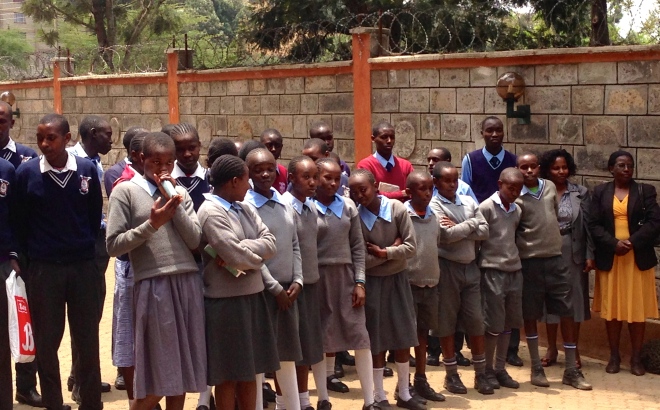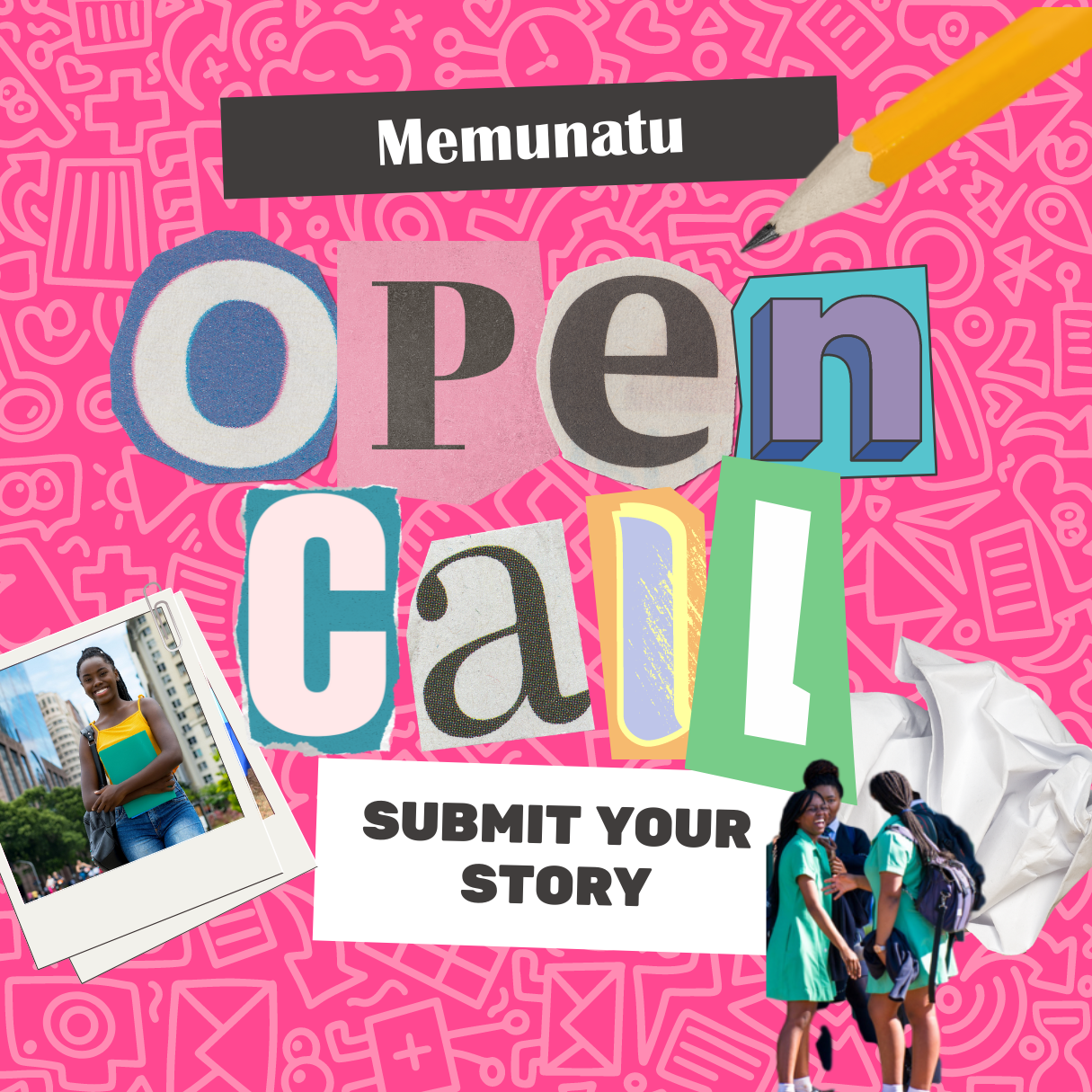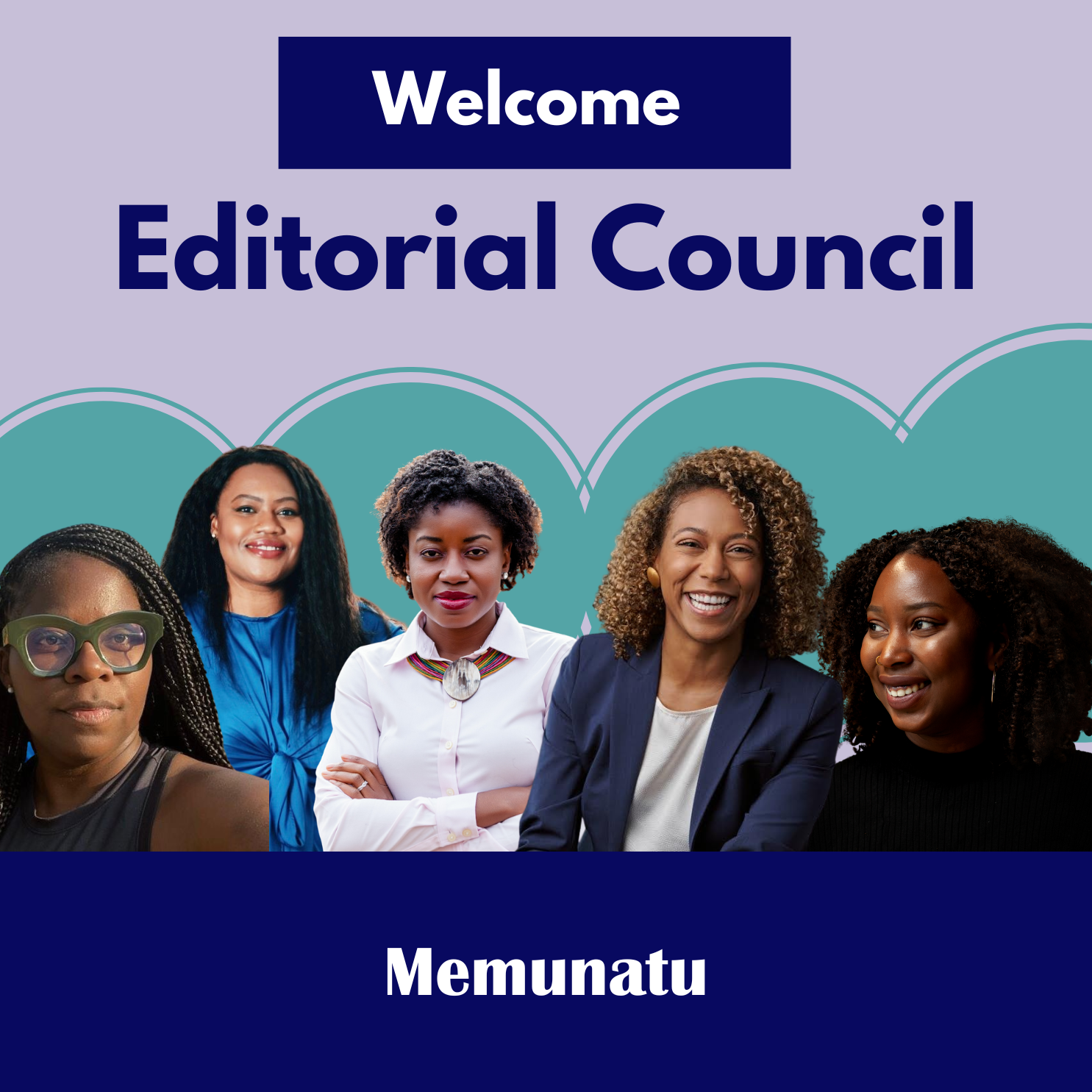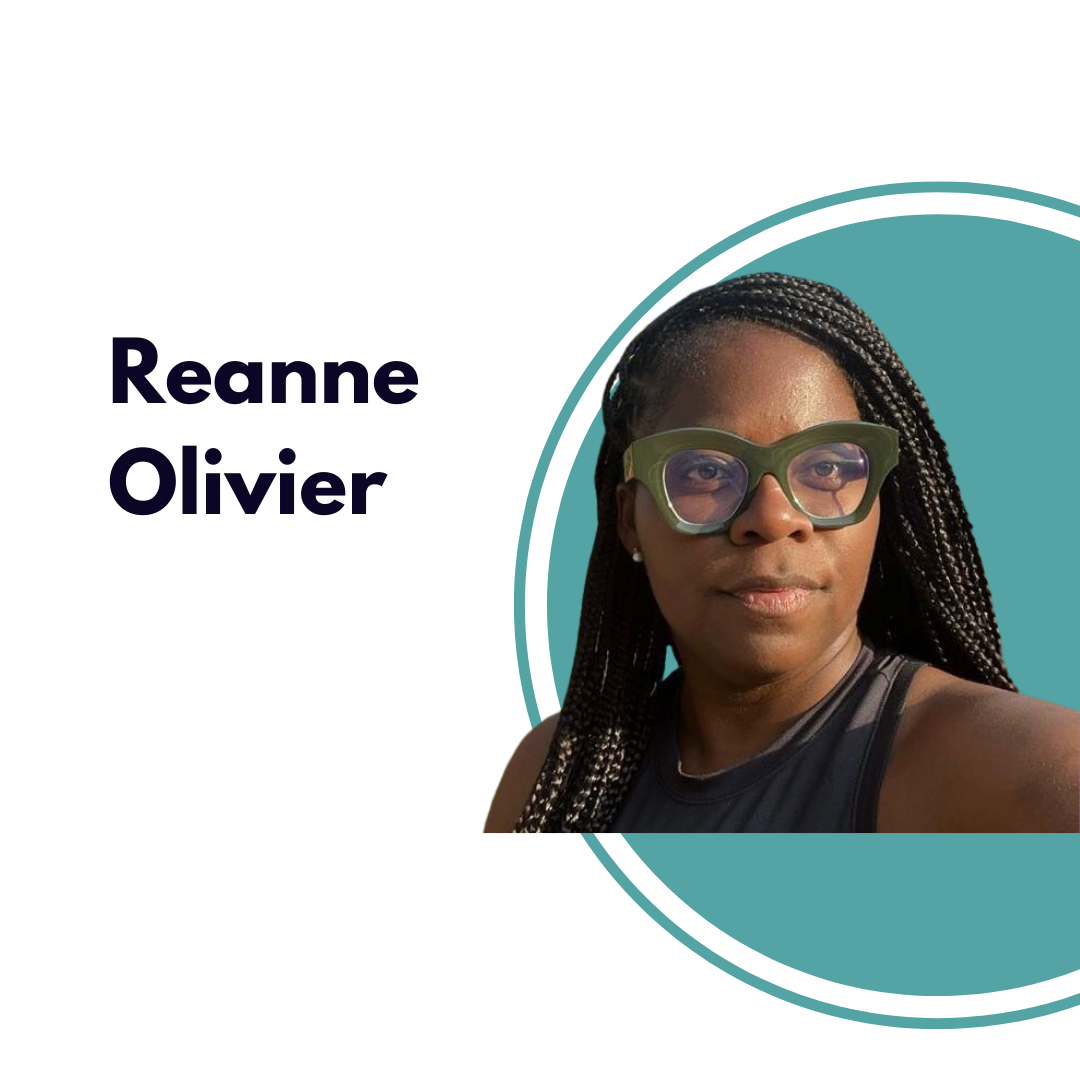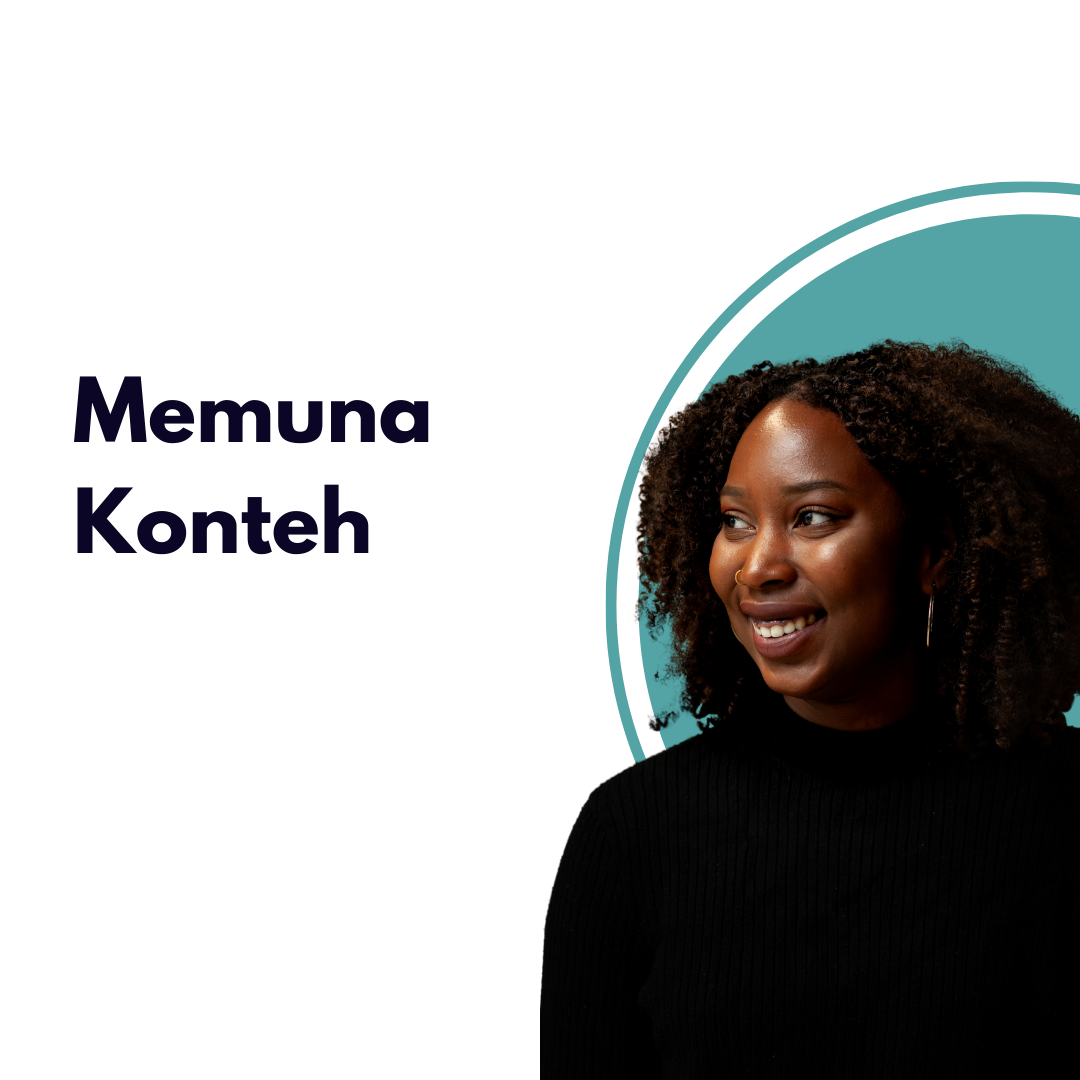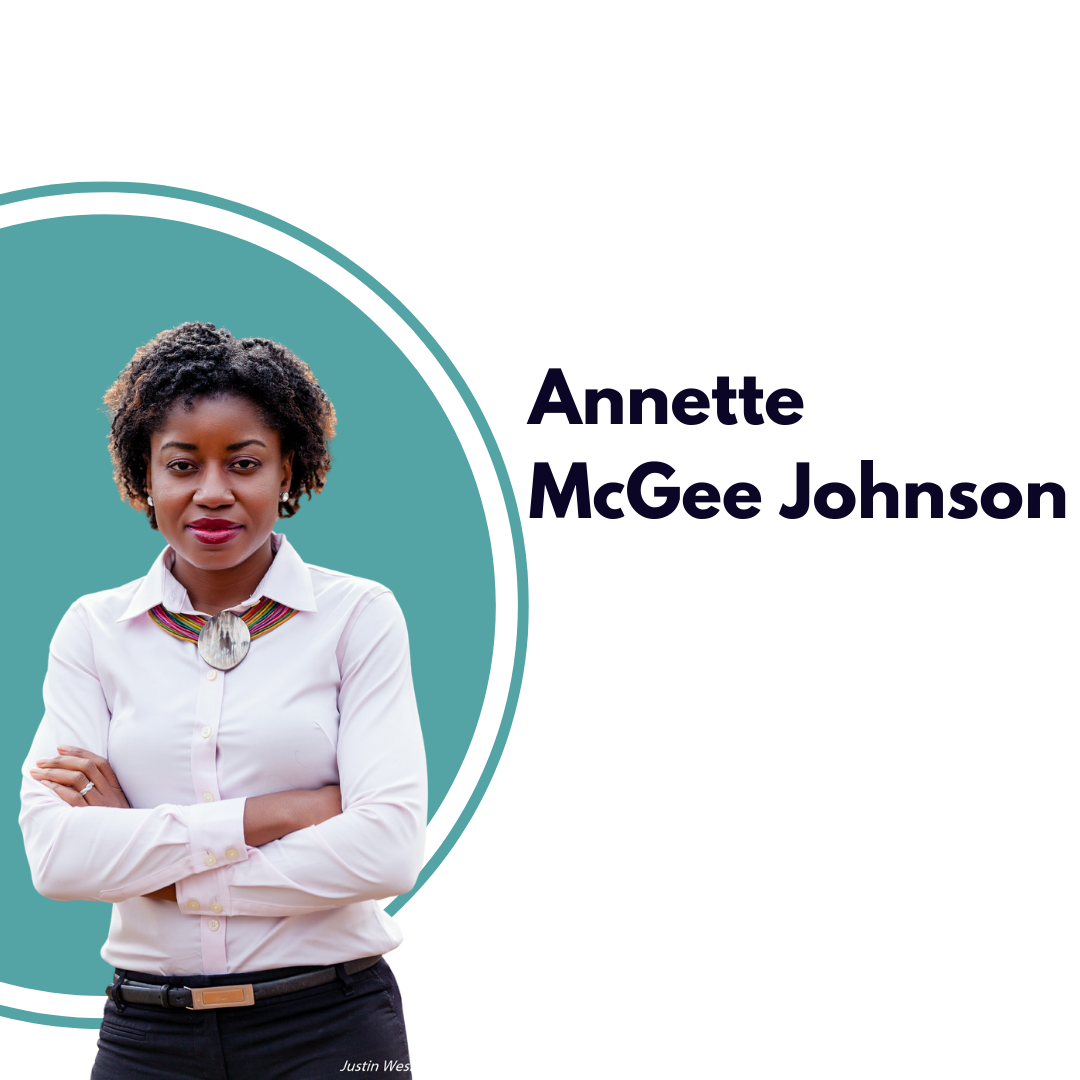Morning commutes in Nairobi, Kenya are always an adventure. Actually, getting anywhere in Nairobi can be an ordeal. In a city with some of the world’s most congested traffic and with drivers that barely notice, never mind obey, traffic lights and road sings, you never know what you are going to see or experience.
On one such commute during my four-month study abroad in Nairobi, I found myself in the back row of a matatu (the Swahili word for bus), barreling down a crowded highway out of the city. Squished between one of my friends from the US and another Kenyan passenger, we bounced up and down as the bus hit numerous potholes, all the while listening to blaring rap music that made it hard to hear each other talk. That morning we were on our way to visit a private school on the outskirts of Nairobi. My friend would visit this particular school often as a part of her internship, giving lessons to students on a wide variety of topics.
During my time living in Nairobi I interned for a group called the Centre for Environmental Stewardship. This local NGO aimed to promote environmentally friendly practices and educate Kenyans, particularly students, on environmental issues. As a part of my job I visited a few schools in different parts of the city and surrounding areas. On some visits I merely observed and took part in lessons, but on that morning I was prepared to lead my own environmental lesson on different types of pollution and various methods to combat pollution’s hazardous effects.
STUDENTS FROM THE NAIROBI AREA GATHER AT THE CENTRE FOR ENVIRONMENTAL STEWARDSHIP FOR AN ENVIRONMENTAL DEBATE.
As we got off the matatu, I was instantly surrounded by a mob of panhandlers trying to sell food, clothes and other supplies. Already used to this bombardment but having no idea which direction to put my head down and start walking; I let my friend lead the way. On our way to the school I noticed how much trash filled the streets compared to the rest of the city. At one point, not far from the school, the road turned into a large trench. A murky green liquid filled the bottom and piles of trash littered the side of the trench so that we had to weave our way down the street. I couldn’t help but think how ironic it was that I was visiting one of the worst polluted areas I had seen in Kenya on the day I was giving a lesson on that very topic.
We got to the school with little incident and the lesson I gave went well with active participation from the students present. I was surprised to learn that many of the students were well informed about deforestation problems in Kenya and methods to combat them, along with other global pollution issues. What surprised me the most and what would stay with me a year after my visit to Kenya, however, was a conversation I had with two girls once my lesson was over. After the class had gotten over the giddiness from having a mzungu (white) guy in their classroom by featuring me in an intensive photo op, these two girls came up and voiced their concerns about pollution in their own community. They were both sick of walking past large piles of trash on their way to school and wanted advice on how to organize a clean up project. I instantly remembered and relayed my own experience with service projects in high school and college and made sure to tell my American friend to propose such a project with the organization she was interning with. Experiences like these were often what surprised and thrilled me the most during my time in Kenya. I was so impressed with the two girls at the private school who were taking it upon themselves to try and clean up their neighborhood.
When I think back on the trip to this private school I can’t help but compare it to another visit I made to an all girl refugee center. I visited this center just once in what started out as a very similar day. I rode a matatu, although this one was smaller and even more crowded, with two of my American friends who worked at the center. This time though we got off in a very rural part of Nairobi and were greeted by men with long machetes hacking away at sugar cane and slicing pineapple and packaging them into long plastic bags for sale. After purchasing one of the bags of pineapple we were on our way to the refugee center.
Tucked away in a small, gated compound, the center had a more peaceful atmosphere than the private school. Little to no trash littered the quiet street leading to the gate and the air was noticeably cleaner, but many of these girls had lived anything but peaceful lives. When I walked into the center I instantly thought of my previous visit to the private school and the striking differences in appearance between the two groups of teenagers. Students at the private school all had newly looking matching uniforms with high socks and slightly worn black shoes. In comparison many of the girls at the refugee center wore tattered clothing with broken flip-flops or in some cases no shoes at all. Coming from Kenya and surrounding countries, a lot of the young women in the center had lost their families in different conflicts or had left homes where they had either been abused or hadn’t received proper nourishment.
While I did not teach my own lesson that day I knew that if I had, I would not have received the same response from this group of girls as I did from the private school students. This is not to say that these girls didn’t care about environmental issues, they simply had more pressing matters in their own lives to worry about. These girls would have to figure out what they were going to do when they had to leave the center. Would they go back to their families, if they could find them, and hope for the best? Or would they try to make it on their own? One girl, who was no older than 13 and pregnant, would soon have to worry about feeding two mouths instead of one. Furthermore, during my visit I sat in on a very basic writing lesson where it was obvious many of these girls had very low literacy skills. If these girls overcame problems with their families and past lives they would still be pressed to secure a sufficient income with the little education they had received.
When I look back on my trip to Kenya, besides my travels across the region and my exposure to everyday life in an East African nation, what stand out are these two different experiences. I saw firsthand the benefit of an education and a stable childhood. I also, however, saw first hand how unfair the lives of other children were at the refugee center and all the opportunities they would never receive as a result of their past and lack of education.
This is why I am so excited to be apart of Memunatu Magazine. As a journalism student I place great weight on the impact that words and stories can have on people. Not only does written langue broaden our knowledge and creativity it also provides us with a voice that anyone listening can hear. Promoting literacy among girls in African nations does so much more than provide them with a proper education. It gives them the power to support themselves and furthermore it gives them the power to give back to their communities. While I left Kenya without any knowledge if a clean up project was organized at the private school, I have hope that those girls will continue to work to improve their communities and I know that if given the same resources and education, the girls at the refugee camp can achieve the same thing.
– Steven M.
Fall Intern, Memunatu Magazine

